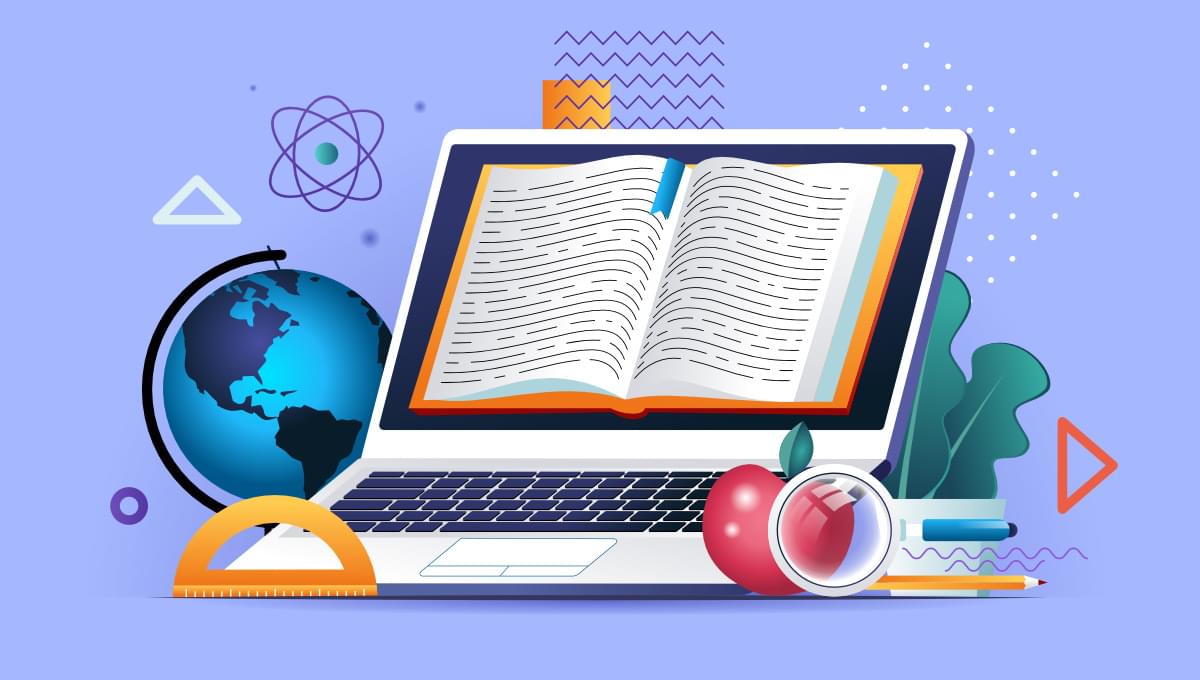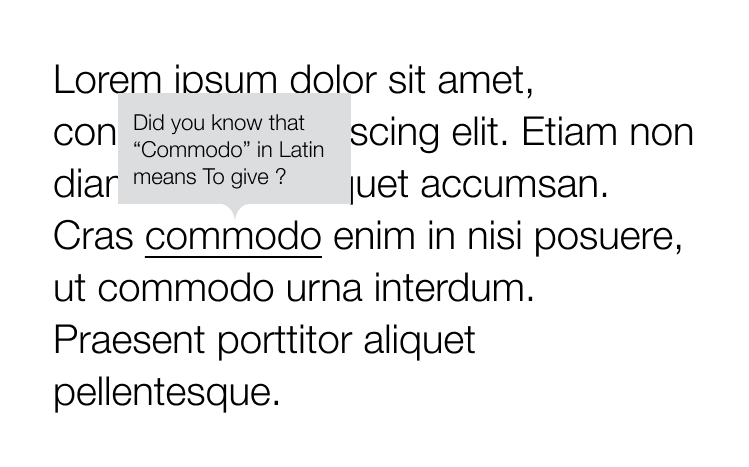
In this article, we’ll cover ten proven methods for mastering any skill. You’ll learn how to learn quickly, supercharge your personal growth, and stand out from the crowd without having to spend every living minute bent over text books.
One Key Skill
Table of Contents
What would you say if I told you there’s a skill that could benefit anyone, any place, any time? Something that would accelerate your progress no matter what career path you chose, indifferent to technological disruptions?
Does that sound too good to be true? Well, here’s the pitch: in a world that’s changing faster than ever, you need to adapt quickly and constantly. That requires the willingness to change, and the ability to learn. Learning quickly — and becoming a life-long learner — should become your new superpower. You won’t be able to stop the world from changing, but with this ability to adapt, you’ll be the first to embrace change and leverage it for your own benefit — and you’ll also amaze potential employers.
What It Means to Learn Quickly
When we think about quick learners, we might remember those few people back in our school and university days who just seemed to breeze through class. Or we’ll remember that memory champion with the unique ability to somehow remember not just the first six digits of pi (3.14159 btw) but 65,536. Sixty-five thousand! What an impressive feat. These people surely are special. Or they must practice all day, every day.
Here’s the thing, though: you can learn this skill too. There’s no superpower, reserved for a few gifted people, or something that can only be achieved with pills and supplements. Good news, huh?
Being a fast learner simply comes down to knowing how your brain (and body!) work and how to tailor your study activities accordingly. Everyone can do it. It’s a skill. Here’s how.
Manage Energy, Not Time
Don’t bother with time management. Manage your energy. First things first: it doesn’t really matter how much time you spend learning.
There, I said it. Pulling an all-nighter before your exams, participating in a 12-hour-YouTube-study-with-me session, or starring at your books long after midnight, aren’t just unnecessary. They actively sabotage your progress.
Sure, you need to invest time to learn a new skill. But even more importantly, you need to invest energy.
Think of energy as the most relevant resource in your learning endeavor. Your brain’s ability to grasp new concepts or to come up with new ideas doesn’t so much hinge on the time you spend on taking notes, but on your state of mind and available energy while doing so.
And energy is a finite resource. It helps to imagine your energy levels as something similar to your bank account. You’ve got a certain amount in there (hopefully) and maybe also some allowance for withdrawals beyond that. But at some point, you’ll have to recharge things or you’ll run out of steam.
Let’s take a closer look.
1. Stop sabotaging your own success
If you’re one of the 20% of American students who routinely pull an all-nighter during semester time, you should know that science thinks very little of this strategy for improving your output. To the contrary, sleep deprivation is linked to poorer performance across the bench and will likely hinder your long-term memory formation.
So while all-nighters make for good stories, they won’t do much for you in terms of learning effectively (and sustainably).
What’s more, because we’re so used to measuring our study efforts by time, we start using these crazy long sessions as benchmarks for us to achieve again, leaving us disappointed and frustrated whenever we don’t reach them.
Instead of measuring the quantity of study time, we should prioritize the quality. Put in a few hours of high energy work in each day and you’ll vastly outperform your former night-shift-zombie-self.
2. How to actually learn in your sleep
I have some bad news for you: if you’re hoping to learn something passively in your sleep by playing a lecture in the background, it’s not going to work. This hack to boost your learning has failed the scientific test.
The good news, however, is that you really can learn in your sleep. It just works slightly differently. So-called slow wave or non-REM sleep cycles help your brain to turn short-term inputs into long-term memories. What’s more, this process helps your brain find patterns and connections with existing ideas, thus increasing your creative problem solving potentials.
But it doesn’t stop there. Sleep also helps you reset your brain’s capacity to take in new information. So the next time you’re feeling like your head is filled to the brim and you just can’t practice any more, consider taking a break to nap or get a good night’s sleep.
So while you can’t use your sleep time to put more information into your brain, a good sleep is crucial to sort through what you’ve learned during the day and to make sure that you retain it long-term.
If you struggle with this, here are some ideas for getting more sleep:
- No caffeine after 2pm. While the effect of caffeine sets in nearly immediately after drinking, it remains for hours in your system. Six hours after consumption, half of the caffeine will still remain and affect your sleep.
- Establish a night and morning routine. A night-time routine signals to your body that it’s time to power down. And the proper morning routine sets you up for success and ensures you don’t spend your first hour after waking up doom-scrolling (and no, checking your social media in a specific order doesn’t count as a morning routine).
- Avoid highly stimulating activities before bed. Help your body (and brain) to get into night mode and don’t pump up the energy levels close to bed time. Things to avoid include intense workouts, energizing music, heavy food, exhilarating readings or all-too-tense TV shows.
- Improve your sleeping environment. While many factors contribute to a good night’s sleep and not everyone can splurge on the latest mattress trend, there are lots of things you can easily implement to get a good sleep. Most importantly, have a dark room with no or minimal light sources. If needed, invest in some light-blocking curtains (there are lots of very affordable options). And ideally, leave your phone outside the bedroom.
Improve Your Focus
Once you’ve got your energy levels up and stabilized, and you’ve had a good night’s sleep, it’s time to turn your focus to … your focus.
“Focus” in this context means your ability to actually sit down and study a topic. It’s the skill that stops you from cleaning up your room for the third time this week instead of tackling that new chapter in the book.
No matter how much energy you’ve got, if you can’t channel it into your learning project, if won’t be of much use.
3. You need a tomato
A tomato will actually will help your learning skills. The so called Pomodoro Technique (pomodoro is the Italian word for tomato) is named after the tomato-shaped kitchen timer used by its inventor.
Using a timer also happens to be a very effective approach for supercharging your study sessions.
Here’s how it works:
- Set your timer for 25 minutes. (It doesn’t have to be shaped like a tomato, but it would be kinda cool.)
- Study. Don’t interrupt your learning session for anything. It’s just 25 minutes. Pretty much anything can wait until you’re done.
- Once the timer rings, stop immediately. This trains your brain to expect clear borders between study time and break time and makes it more likely to actually focus during the 25 minutes.
- Take a quick break of five minutes. Avoid overly stimulating activities (so ideally, don’t start scrolling social media). Instead, stretch a bit, watch your breathing or de-clutter the sixteen coffee mugs that have somehow accumulated on your desk.
- Repeat two or three more times before taking a longer break.
Why does it work?
Multitasking is a myth. Your brain isn’t wired to do two things at a time. Instead, it quickly switches between tasks. And each switch costs mental bandwidth. Context switching takes a much bigger toll than we assume. Quickly answering a text during your study session doesn’t just cost two minutes. Research shows that it can take up to 25 minutes to get back into a focused state.
But when we decide to study for the next two hours, it’s hard to fight back distractions constantly. Instead, it’s easy to pick up the phone to “just quickly check my messages” or respond to that one semi-urgent email you know is sitting in your inbox.
So instead of hoping that you’ll somehow manage to stay focused for two hours despite countless possible interruptions, create smaller, more intense study sessions and learn to clearly distinguish between study and break time.
4. Fight procrastination with the five-minute rule
There are many potential reasons for procrastination. A task might be perceived as too difficult or too unstructured. Or it might simply bore you. But whatever it is, our internal resistance is usually strongest before we start a task.
Here’s where the five-minute rule comes in. It’s a simple trick to convince yourself and it will work, even if you know that you’re about to trick yourself.
The next time you feel procrastination creeping in, make a deal with yourself to get started on the task for five minutes only. After those few minutes, you’re allowed to stop and do something else. Chances are, though, that you’ll continue with the task at hand because you’ve already moved past the first hurdle and gained some momentum.
It also pairs neatly with the Pomodoro Technique. Whereas the Pomodoro Technique is geared towards reducing distractions during your work sessions, the five-minute rule is the ignition for each individual session.
Continue reading How to Learn Quickly: 10 Proven Methods for Mastering Any Skill on SitePoint.






